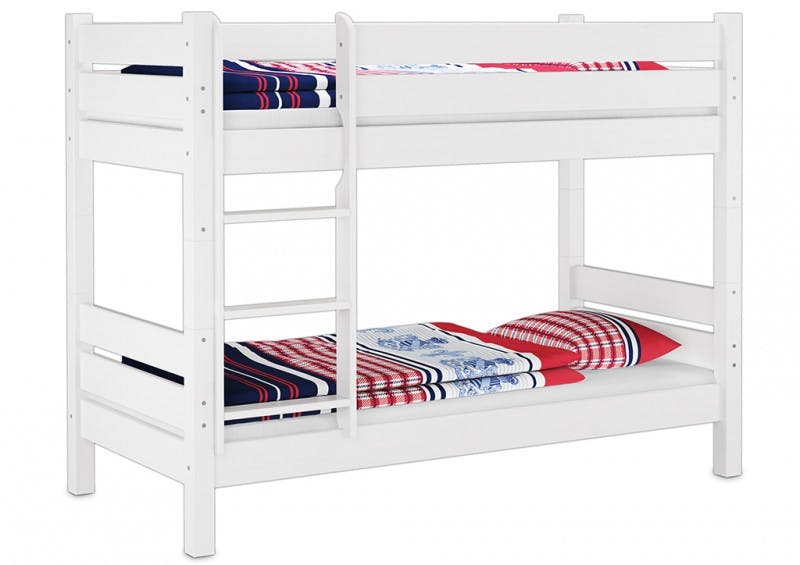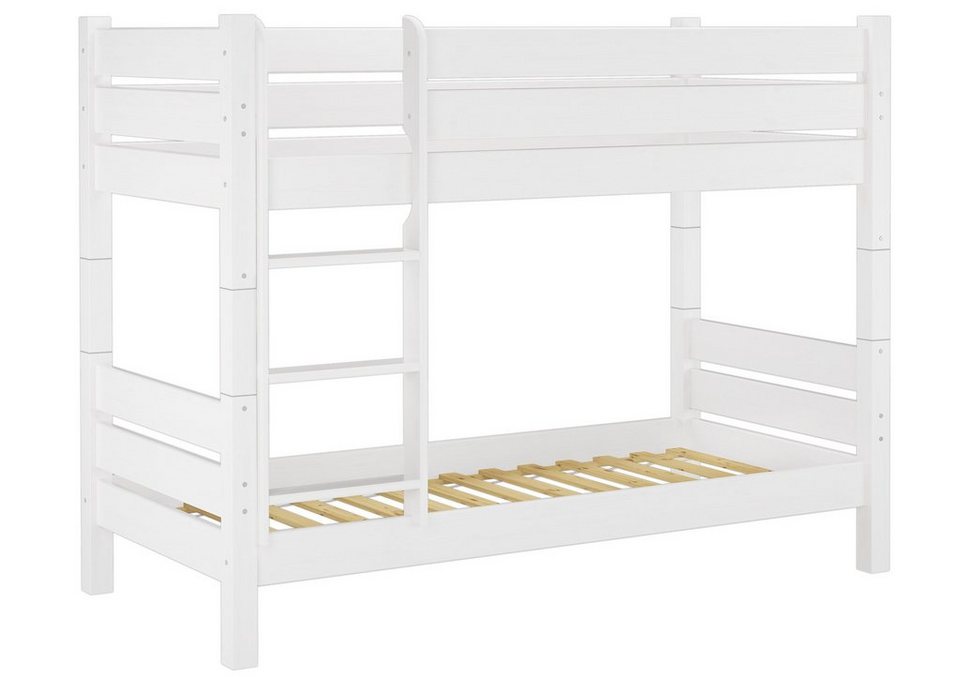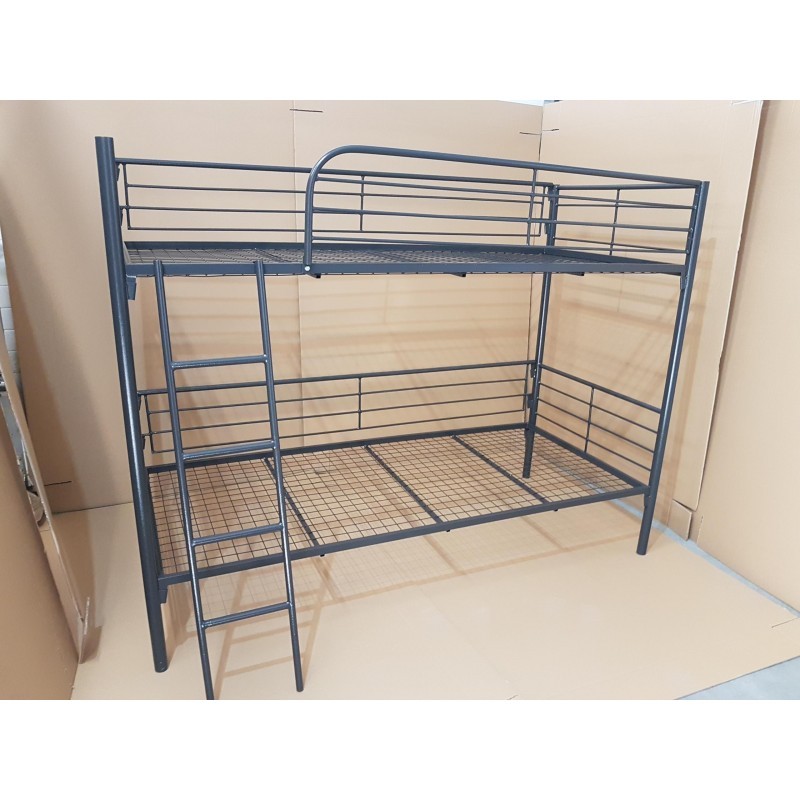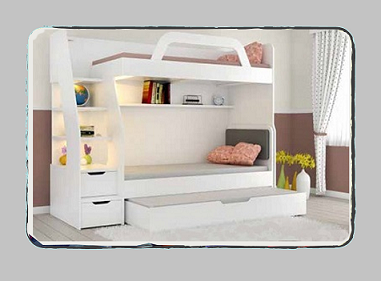
Erst-Holz® Etagenbett für Erwachsene 80x200 weiß, Nische 80 cm teilbar, mit 2 Rollroste 60.16-08 W T80 : Amazon.de: Küche, Haushalt & Wohnen

Etagenbett extra stabil variables Zubehör 80x200 Stockbett weiß Nische 80 cm teilbar V-60.16-08WT80 | steinhaus-massivholzmoebel.shop

Etagenbett extra stabil 80x200 Stockbett hohes Bett Nische 100 Rollroste 60.16-08 | METRO Marktplatz

Doppel-Etagenbett 120x200 und 80x200 Erwachsenen-Stockbett Kiefer Massivholz natur V-60.18-08-12 | Etagenbetten | Betten | Möbel | Erst-Holz ®

Erst-Holz® Etagenbett extra stabil 80x200 weiß Nische 80 cm teilbar 2 Rollroste 2 Matratzen 60.16-08WT80M : Amazon.de: Küche, Haushalt & Wohnen

Weißes Dreier-Etagenbett 3 Liegeflächen Kiefer massiv weiß 80x200 Zubehör wählbar V-60.03-08W | Etagenbetten | Betten | Möbel | Erst-Holz ®

Etagenbett für Erwachsene 80x200 weiß, Nische 80 cm teilbar, mit 2 Rollroste 60.16-08 W T80 | METRO Marktplatz

Etagenbett mit variablem Zubehör extra stabil 80x200 Stockbett waschweiß Nische 100, V-60.16-08W | steinhaus-massivholzmoebel.shop















